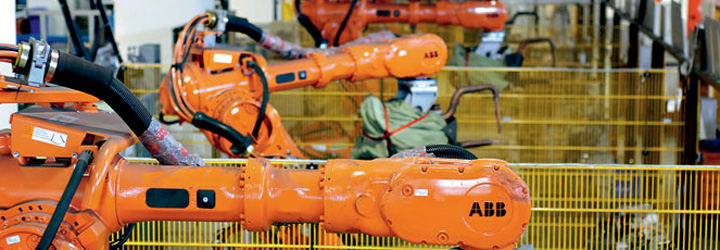FLATE’s Executive Examines the New, Fifth Module in The MSSC CPT Program, AND is a CPT-Green!
I am proud to say I am CPT-Green. What does that mean?
Last month, the Manufacturing Skills Standards Council (MSSC) rolled out a new credential: “Green Production Module.” The credential will be the fifth module in the Certified Production Technician (CPT) program. For the meantime, the CPT-Green is an optional module (i.e., it is not currently required for full CPT certification). A current CPT will get the CPT- Green as a separate credential when he/she completes the Green Production Module, GPM, and successfully passes the new assessment. With GPM, workers and students will be able to secure an industry-recognized, nationally portable MSSC credential that is applicable to “greening” all manufacturing sectors, not just those producing “green goods,” such as solar panels and wind turbines.
The CPT-Green was developed by a consortium of organizations in Ohio using funds from a Department of Labor grant to develop the standards, assessment, a training course, instructor training, and the credential. The process started with research across all manufacturing sectors for “green skills” needed by frontline production workers. Draft standards were developed from survey results and interview research and circulated to companies in all manufacturing sectors for comments. Lastly, training support materials including assessments and instructional support (online modules and a text book) were developed. As part of the Ohio rollout event, over 20 instructors attended training and took the new assessment test. Across the county current MSSC CPT certified instructors have also taken the new assessment to establish the pass/fail cut score and identify any unclear or “bad” assessment questions.
The goal for these standards is to take a broad approach to the “green skill” needs of modern production technicians. The standards revolve around environmental issues we all face every day both in our work and personal lives. The eight standards include: training workers in environmental issues, training employees in environmental programs, processes and policies, conduct preventative inspections and incident reporting, monitoring environmental aspects during production, continuous improvement of environmental assurance, using advanced materials to minimize waste, and reprocessing materials (recycle or reuse). More information about the CPT-Green can be found on www.msscusa.org
It would also be constructive to review a recent “Green Jobs” report that was conducted by Workforce Florida to define the breadth and depth of green jobs in our state. The final report found that there are relatively few jobs making “green” products, or that can be described as 100% green, but there are more and more “green skills” being required of most workers, and some of these skills are new to the workers, and thus will require training. Perhaps with time, the U.S Department of Labor will define more green occupations, but I suspect they will be slow in coming. The report is posted:
Enjoy this issue of the FLATE FOCUS with a special spotlight article on the 2011 FLATE awardees. This edition also captures an exciting story about a three year study launched by our European education partner, TKNIKA an innovation institute for vocational training established by the Basque government in Spain. The study focusses on creativity and innovation, and their impact in learning processes and educational systems. As always we encourage you to give your best shot at this month’s sTEm puzzle…. might bring you luck in cracking sTEm connections.
























